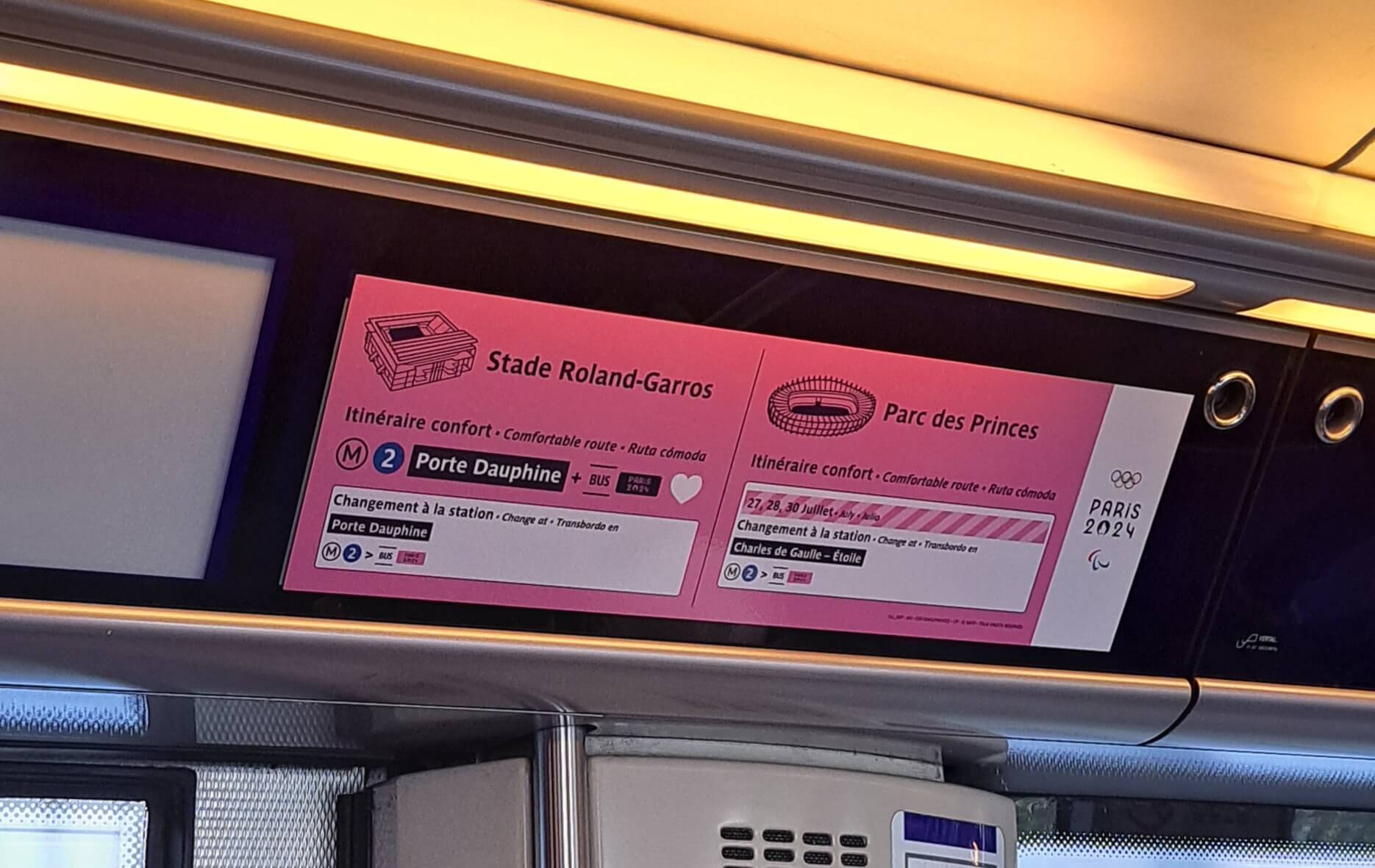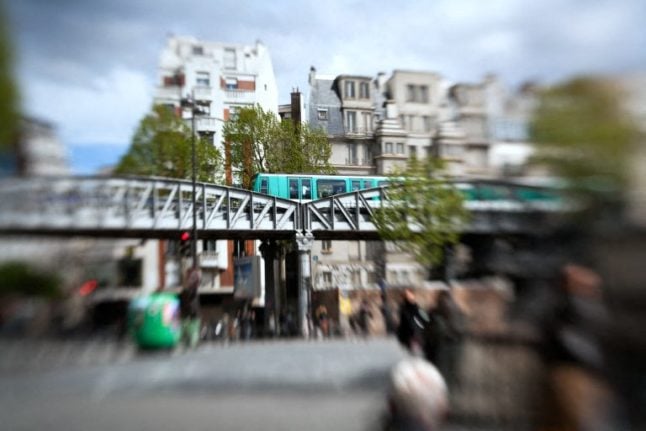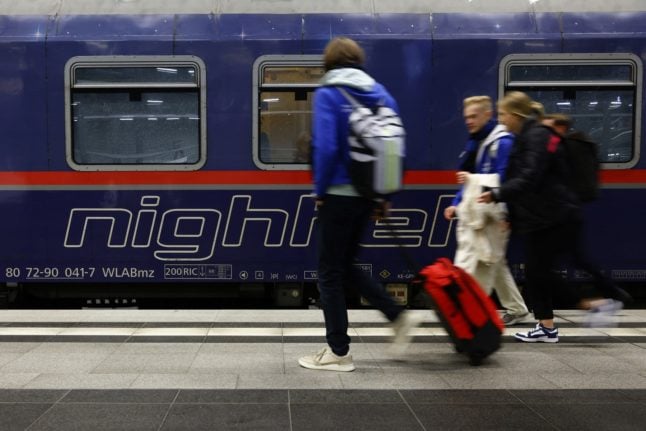If you’re spending time in Paris this summer – whether you’re visiting for the Games or you already live here – there are some changes to be aware of once the Olympics begin in late July.
Here’s a round-up on the alterations, plus some advice for Games visitors on the best ways to travel.
For all practical aspects of the Olympic and Paralympic Games, head to our Paris Olympic Guides
Price hikes
During the Games period, the price of single tickets on the city’s combined Metro, bus and tram service will almost double, with the intention that Paris residents won’t be left footing the bill for the extra services needed during the Games.
This means that a standard, city-centre ticket will rise from €2.15 to €4, while a carnet – or bundle of 10 tickets – will cost €32, compared to €17.30. Other tickets will also rise in price, for example a single ticket between Paris and Charles de Gaulle or Orly airport will rise from €11 to €16.
These hikes will not affect anyone who has a Navigo travel pass, including the Navigo Liberté card.
The price hikes will take effect from July 20th and will run until September 8th – however tickets bought before that period at the normal price will still be valid for use on the network.
Locals are advised to stock up, or buy a travel pass.
Olympics pass
Visitors to the city, or those who have tickets to multiple events, might want to buy to special access-all-areas Olympics travel pass.
The pass allows you to travel throughout the Île-de-France region, an important considering since some of the Games venues are outside the city itself, and are therefore in a different travel zone.
The standard €2.15 (or €4 during the Games) single ticket is valid only in zones one and two – if you are going to venues further out in the greater Paris region such as Stade de France (the venue for multiple events including athletics), Versailles (equestrian events) or Vaire-sur-Marne (canoe and kyak events) then you would normally need to buy individual single tickets to that destination.
The advantage of the pass, especially for visitors, is that it will get you to any of the Paris region Games venues without having to worry about what zone you in.
The disadvantage is that it is more expensive than a standard pass – the pass costs €16 for a single day, rising to €70 for a week. You can buy it as a physical card (at a cost of an extra €2 for the card itself) or a digital version via the RATP app.
If you are staying within Paris itself and only have tickets for city venues such as Place de la Concorde, Trocadero or Les Invalides, then it would probably be better to buy single tickets or a Navigo Liberté pass, as this works out cheaper.
Station closures
Because the Games are held in the city centre, some Metro stations will be closed while bus routes will be diverted to avoid security zones.
The Metro stations Concorde, Tuileries and Champs-Elysées-Clémenceau are all within Games venue zones so will be closed, although the Metro lines will continue running, they just won’t stop at those stations. Line 12 already does not stop at Concorde while the station will close completely from June 17th, along with Tuileries. Champs-Elysées-Clémenceau will close on July 1st.
In the week leading up to the Opening Ceremony there will be extra closures because of the security operation – between July 18th and 26th inclusive the following stations will be closed Alma Marceau (line 9), Iéna (9), Trocadéro (6, 9), Passy (6), Quai de la Rapée (5), Cité (4) and Javel (10).
On RER C the stations Musées d’Orsay, Champ de Mars Tour Eiffel and Pont de l’Alma will be closed.
The tram stop Porte de Versailles will also be closed during the Games, while some bus routes will be diverted.
The easiest way to get around is to use mapping apps such as CityMapper, Ile-de-France Mobilités or Google Maps, these will be updated with the closures so will plan you a route using the revised services.
Finding venues
The Olympics website Paris 2024 has detailed directions to all of the Games venues, including public transport options. Once you are on the Metro or tram, look out for the pink signs added to the route maps, these explain which stops you should use for venues, or where you need to change.
READ MORE: How to check for Paris Olympics disruption in your area

The signs are in French, English and Spanish.
For the Games period, public transport staff have also been issued with a translation app that will mean they can help people in multiple languages.
The Metro, tram, RER and bus services run from 5.30am to 1.15am during the week and 2.15am on Fridays, Saturdays and Sundays. Metros will run later than usual after the opening ceremony on July 26th.
It’s also worth checking whether you need public transport – Paris is a compact city and many of the Games venues are within walking distance.
You can also take advantage of the city’s Vélib’ bike-hire system, Games venues are all close to Vélib’ docking stations and most have bike parking facilities available.



 Please whitelist us to continue reading.
Please whitelist us to continue reading.
Member comments